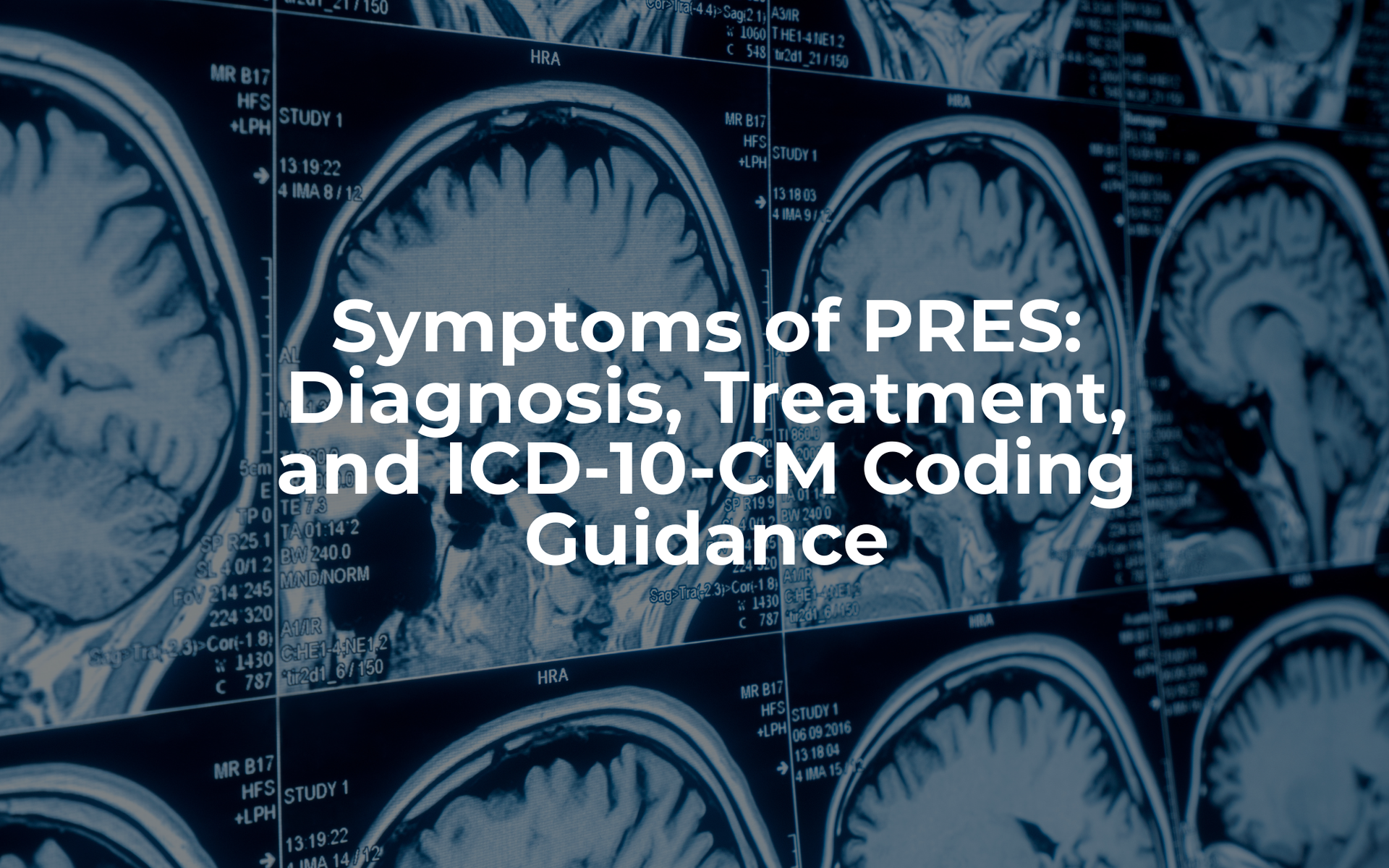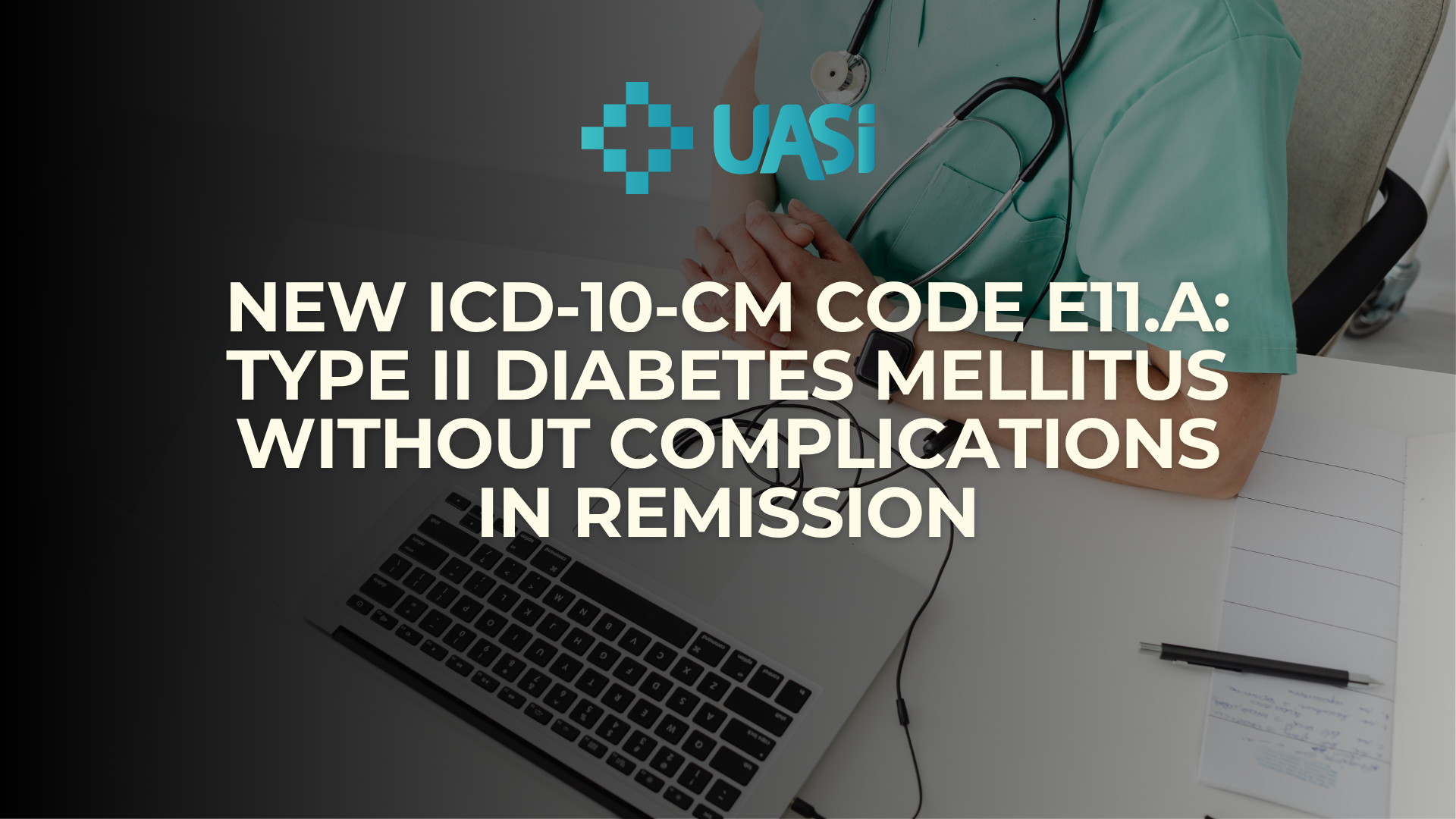September 16, 2025
Why CMS Star Ratings Matter More Than Ever
Hospitals are constantly measured on their quality of care, but few metrics carry as much weight as the Centers for Medicare & Medicaid Services (CMS) Star Ratings. These ratings influence how patients choose hospitals, how payers negotiate contracts, and how organizations position themselves in an increasingly competitive healthcare landscape.
The Role of Star Ratings
The CMS Star Ratings program evaluates hospitals across a wide range of quality measures. These include clinical outcomes such as readmissions and mortality, safety indicators like hospital-acquired conditions, and patient experience surveys addressing communication, responsiveness, and cleanliness. Hospitals receive an overall score that is highly visible to the public and payers.
Impact on Patient Choice and Public Perception
Patients want assurance that the care they receive will be safe and effective. Star Ratings serve as a shorthand for quality, guiding patient choice when selecting where to receive treatment. Hospitals with higher ratings often enjoy stronger reputations in their communities, while lower ratings can raise concerns about safety and performance.
Influence on Reimbursement and Contracts
Star Ratings are not just symbolic. They affect how hospitals are reimbursed, influence payer negotiations, and may unlock incentive payments for high performance. For many organizations, Star Ratings directly shape financial sustainability and the ability to reinvest in staff and technology.
The Hidden Impact of Denials on Star Ratings
Denials are often seen as a revenue cycle issue, but their impact goes far beyond delayed payments. When denials distort clinical data, they also undermine a hospital’s performance in CMS Star Ratings.
Financial Consequences
Every denied claim represents lost or delayed revenue. This directly reduces the resources available for quality initiatives, staffing, and patient experience improvements. Hospitals under financial strain may struggle to invest in areas that strengthen Star Ratings.
Data Accuracy and Risk Adjustment
Denials linked to documentation gaps or coding errors can lead to underreporting of patient complexity. Missed severity of illness and comorbidities affect risk adjustment, making outcomes such as mortality or readmissions appear worse than they are. Inaccurate data paints an incomplete picture of care quality.
Denials influence critical Star Ratings measures, including:
- Mortality rates
- Readmission rates
- Complications
- Patient safety indicators
When denials obscure true performance, hospitals risk lower ratings despite providing high-quality care.
Operational Burden
Staff rework and appeals consume time that could otherwise be dedicated to patient care, CDI initiatives, and proactive quality improvements. This operational distraction further hampers performance on Star Ratings measures.
Organizations that do not address denial management place both their financial health and their public reputation at risk. By taking a proactive and comprehensive approach to denial prevention and management, hospitals can improve patient outcomes, protect vital revenue streams, and reinforce the trust and confidence of their communities and stakeholders.
Turning Denial Prevention into Star Ratings Success
Reducing denials is about more than revenue recovery. It is a strategic opportunity to strengthen documentation, improve data accuracy, and ultimately elevate CMS Star Ratings.
Key Risks to Address
Hospitals that do not proactively manage denials face three major risks:
- Missed capture of severity of illness and risk adjustment
- Underreported quality outcomes
- Reduced ability to invest in staff, technology, and patient experience
Strategic Priorities for Hospitals
- Strengthen Documentation and Coding Accuracy: Clear, complete provider documentation ensures accurate code assignment and proper reflection of patient complexity.
- Proactively Manage Denials and Appeals: Early intervention prevents errors from cascading into distorted data and reduced reimbursement.
- Align CDI, Coding, and Revenue Cycle with Quality Measures: Collaboration across these functions ensures accurate reporting of outcomes and supports better ratings.
- Reinforce the Cycle of Accuracy: Accurate documentation leads to improved reimbursement, which enables reinvestment in quality initiatives, ultimately driving higher Star Ratings
Connecting Quality and Finance
Denial prevention directly supports quality outcomes, enhances reimbursement, and improves patient trust. By managing denials strategically, hospitals turn a traditional operational challenge into an opportunity for growth and leadership in value-based care.
Bottom Line
Star Ratings matter because they connect quality, perception, and financial outcomes. To improve them, hospitals must ensure that clinical data accurately reflects the care provided, a process rooted in documentation and coding. Denials are not only a financial burden but also a quality risk; hospitals that fail to address denial management jeopardize both their bottom line and their reputation. Reducing denials is a win-win strategy that protects revenue, ensures fair representation of outcomes, and strengthens a hospital’s reputation through improved Star Ratings.
Leah Jeffries, RHIT, CDIP, CCS, CCS-P
Managing Consultant, Strategy at UASI
Centers for Medicare & Medicaid Services. (2024). Overall hospital quality star rating.
Available at
https://data.cms.gov/provider-data/topics/hospitals/overall-hospital-quality-star-rating/
Centers for Medicare & Medicaid Services. (2025). Transforming Episode Accountability Model (TEAM).
Available at
https://www.cms.gov/priorities/innovation/innovation-models/team-model
Centers for Medicare & Medicaid Services. (2024). Hospital quality star ratings methodology.
Available at
https://qualitynet.cms.gov/inpatient/measures/hospital-star-ratings
American Hospital Association. (2025). Denials management in hospitals.
Available at
https://www.aha.org/
American College of Surgeons. (2025). Preparing for TEAM: Transforming Episode Accountability Model.
Available at
https://www.facs.org/














